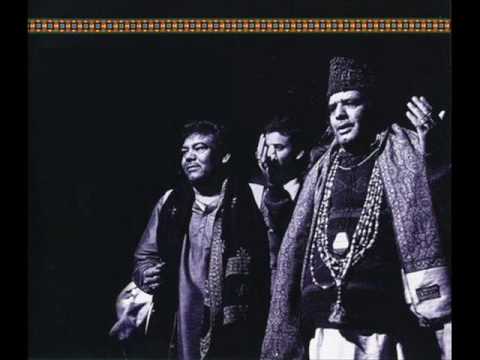SUFI DEVOTIONAL MUSIC: QAWALLIS

Qawwali is a form of Sufi devotional music popular in South Asia, particularly in the Punjab and Sindhs regions of Pakistan, Hydrabad, Delhi and other parts of India. It is a musical tradition that stretches back more than 700 years
Originally performed mainly at Sufi shrines or Dargahs throughout South Asia, it has also gained mainstream popularity. Qawwali music received international exposure through the work of the late Pakistani singer Nusrat Fateh Ali Khan, largely due to several releases on the Real World Label, followed by live appearances at WOMAD festivals. Other famous Qawwali singers include Pakistan's Sabri Brothers, Bahauddin Qutbuddin and Azia Mian.
Copurtesy: Wiki the free Encyclopedia










